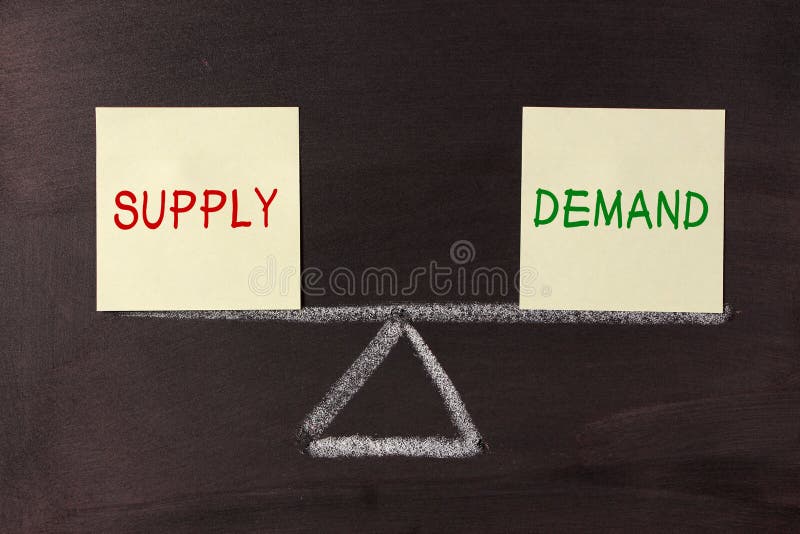Strategic Supply Chain Optimization
Successful supply chain optimization requires a comprehensive approach that balances cost efficiency with service quality. Organizations must carefully analyze their entire value network, from raw material sourcing to final product delivery, identifying bottlenecks and opportunities for improvement at every stage.
Key optimization strategies include demand forecasting accuracy, inventory management refinement, supplier relationship enhancement, and transportation route optimization. These elements work synergistically to create resilient supply networks capable of adapting to market fluctuations while maintaining operational excellence.
Risk management has become equally important, with companies developing robust contingency plans and diversified supplier bases to mitigate potential disruptions. The COVID-19 pandemic highlighted the critical importance of supply chain resilience and the need for flexible, adaptive operational models.



